Japanese city lays out the welcome mat for digital nomads
4 min readAs long as there’s a reliable internet connection, digital nomads can take their work anywhere their hearts and budgets allow. Millions traverse the globe, adopting a new way of life that’s gained momentum due to the coronavirus pandemic.
Europe and the United States tend to host the majority of this transient workforce — but the Japanese city of Fukuoka wants a slice of the action. As part of a promotional event during October, about 50 digital nomads gathered there to experience the local charms and share their highlights online.
Hotels with co-working spaces
Most of the participants were from Europe, and in total, 24 countries and regions were represented. They stayed at hotels equipped with co-working spaces, where they could work at their own pace, or take to the kitchen to cook with their fellow guests.

Enjoying the city and its food
One of them was Nick Vinken, a Dutch video creator who owns a production company. He made videos during his stay about what to see and do in Fukuoka.

One of the videos shows the digital nomads touring the city, including sightseeing on an open-top bus.

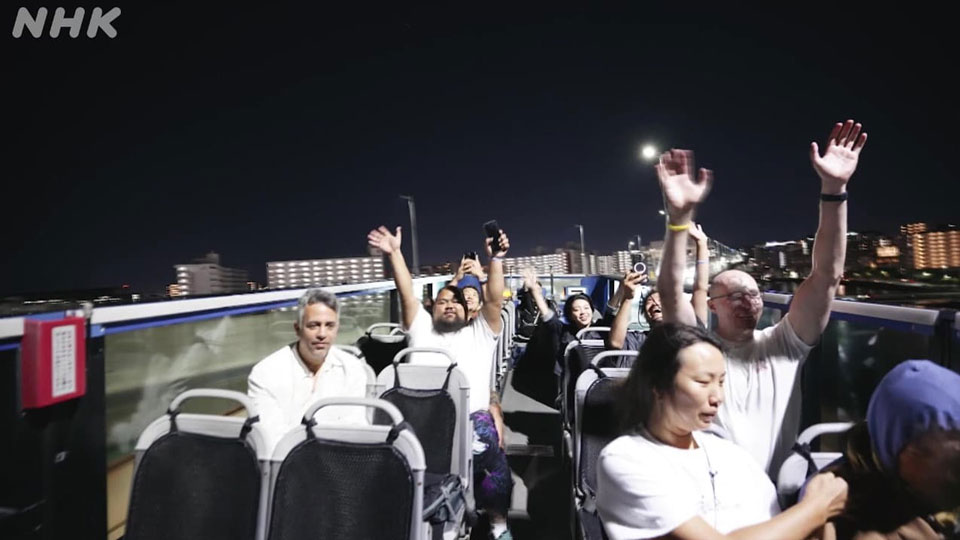
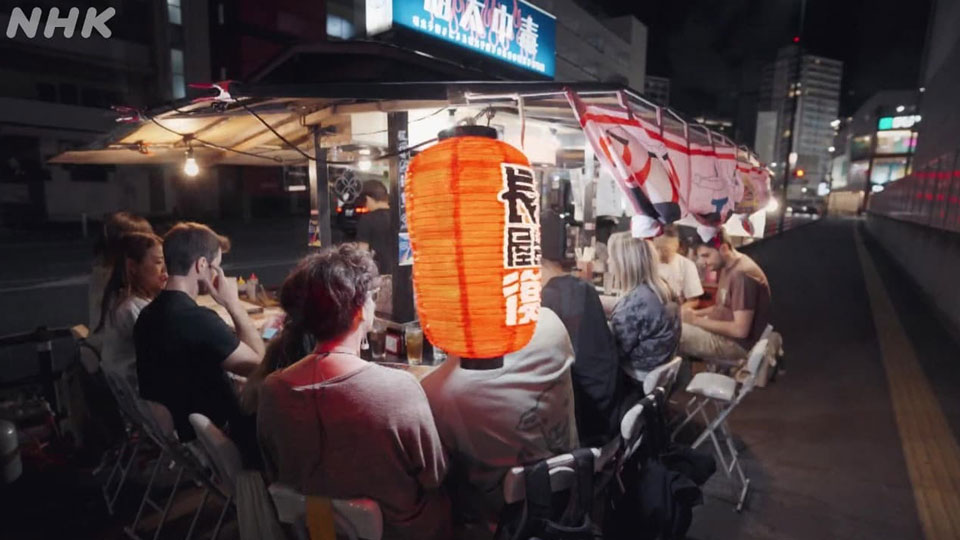
Vinken, who has visited 50 countries so far, enjoyed Fukuoka’s combination of urban area and nature spaces. “Fukuoka City is a great destination for digital nomads to work. Restaurants and commercial facilities are quite compact and close to everything you need,” he said.

Meeting the locals
City officials created a schedule of events that would allow the visitors to interact with the locals. At a botanical garden, participants enjoyed potting plants with local children.
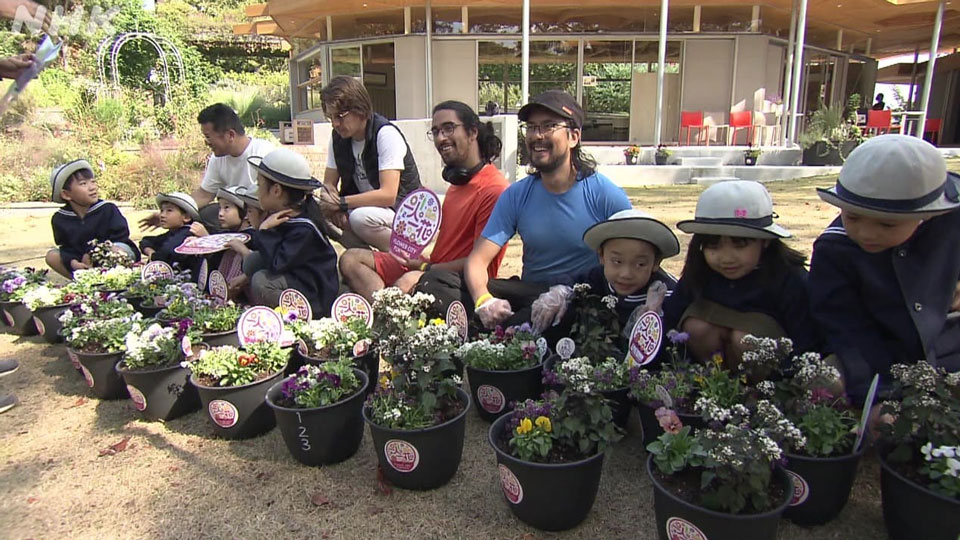
“I think we were able to contribute to making Fukuoka prettier through our collaboration with the children. It was a wonderful cultural exchange,” said Vinken.
He and his fellow nomads donned kimonos for a day trip to Nokonoshima Island, where they swam in the sea and learned a traditional Bon Odori dance at night around a campfire.
City official Yokoyama Yuichi said: “We would like visitors to feel the energy of Fukuoka as a city. We also hope visitors will enjoy the city to the fullest through initiatives that involve local residents and help spread the city’s charms to the rest of the world.”

An attractive demographic
According to the Japan Digital Nomads Association, the number of people worldwide who have adopted the lifestyle stands at about 35 million. By 2030, that is expected to increase 30-fold to 1 billion.
As a group, they enjoy relatively high incomes. An association survey of 90 digital nomads found their average monthly income exceeds 780,000 yen ($5,355), more than twice the Japan average. The typical amount they spend for lunch is 1,900 yen ($13).
They also stay longer than normal tourists, which has a beneficial economic effect on a host city. Many of them operate as freelancers, providing a readymade workforce for local startup companies.
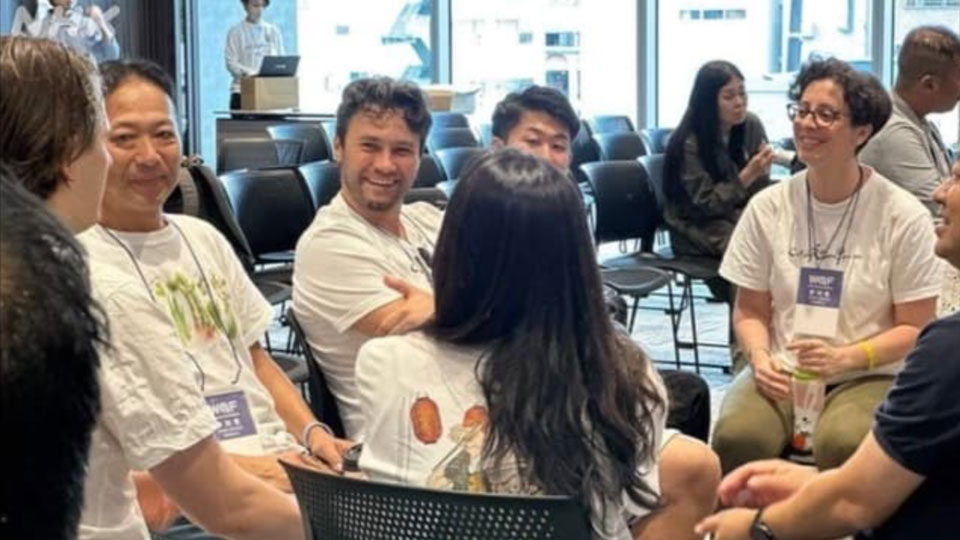
Language barriers and workspace shortage
Yugyo, a company in Fukuoka that is part of the push to attract digital nomads to the area, has identified some key areas that need improvement.
Language is a barrier. Some restaurants use handwritten menus only in Japanese. Another challenge is the availability of co-working spaces. There are few facilities open at night, which is when many digital nomads do business in Europe and the US.


Yugyo’s Osera Ryo noted these problems need to be solved to make Fukuoka more attractive. At the same time, he wants local government to collaborate with other Asian cities.
“I feel that there is no point in trying to attract people to Fukuoka alone,” said Osera.
“Fukuoka City is close to South Korea, Taiwan, and Southeast Asia, so we would like to expand exchanges not only with Fukuoka but also with other Asian countries and regions. For example, I think it would be a good idea to hold some kind of joint event in Busan, which is located between Seoul and Fukuoka.”
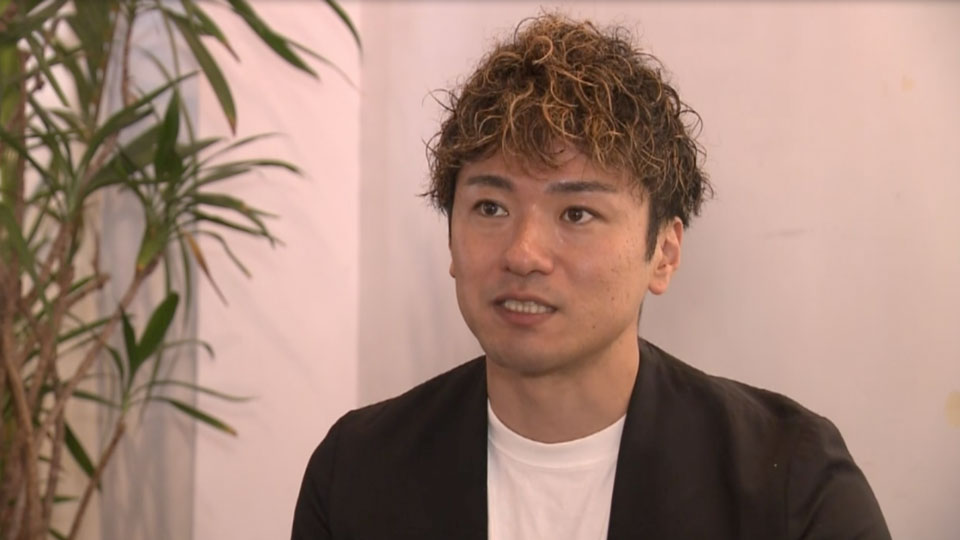
Visa requirements
Nearly 60 countries have already introduced special visas for digital nomads, but Japan is still studying the possibility.
Fukuoka is something of a pioneer in Japan in its bid to attract this demographic. The city wants to boost visitor numbers in a wholistic approach that could benefit other cities, too.
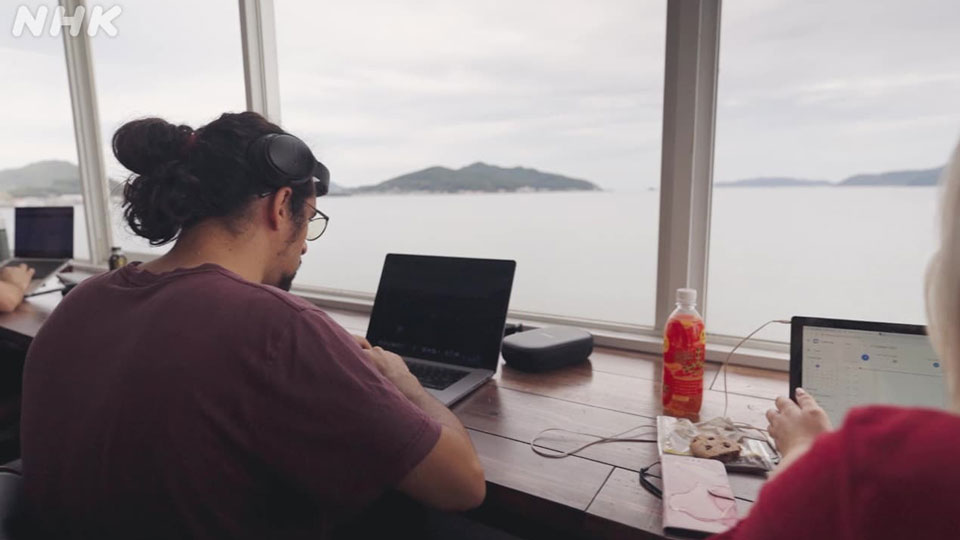
Watch video 3:46



